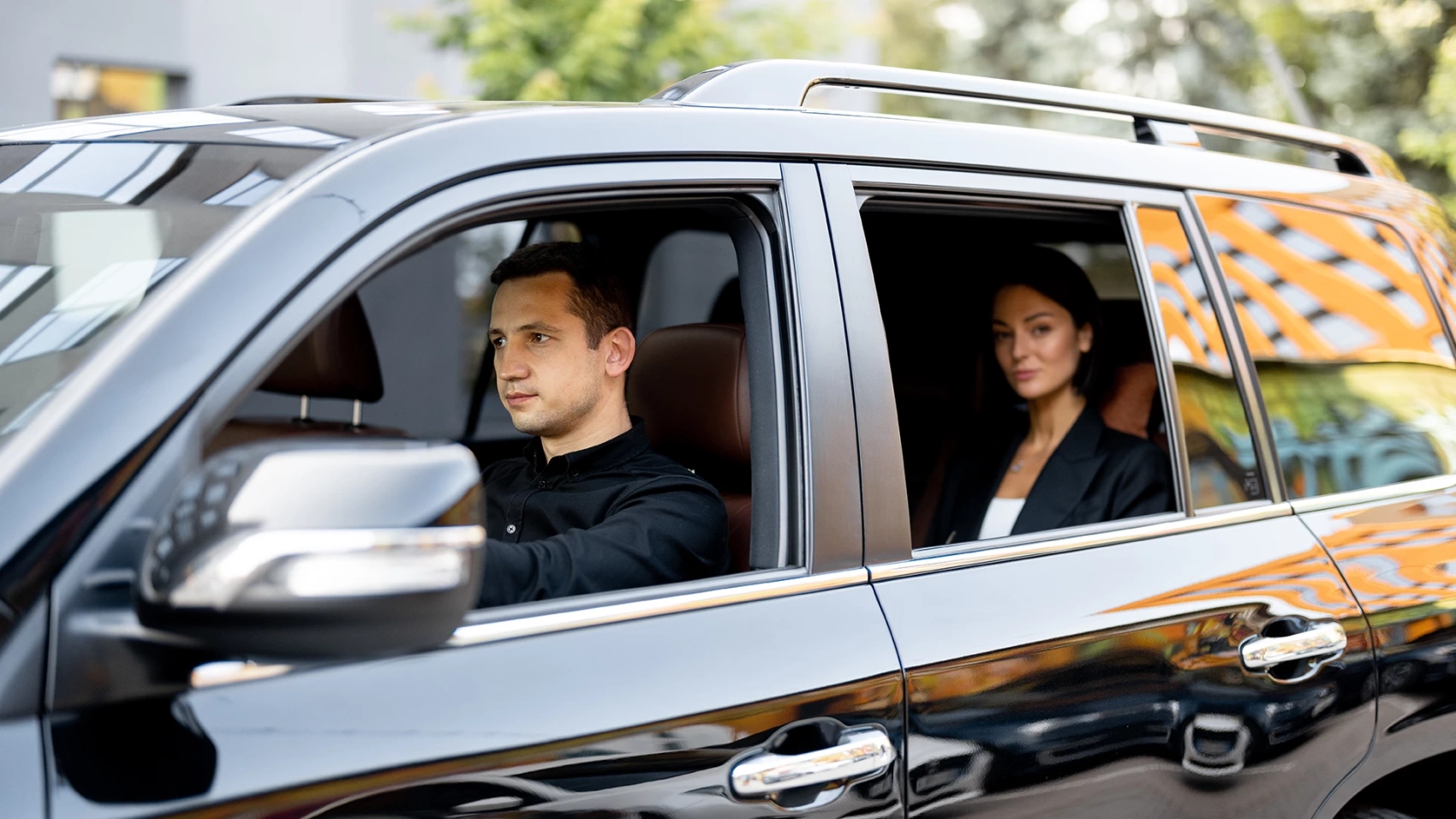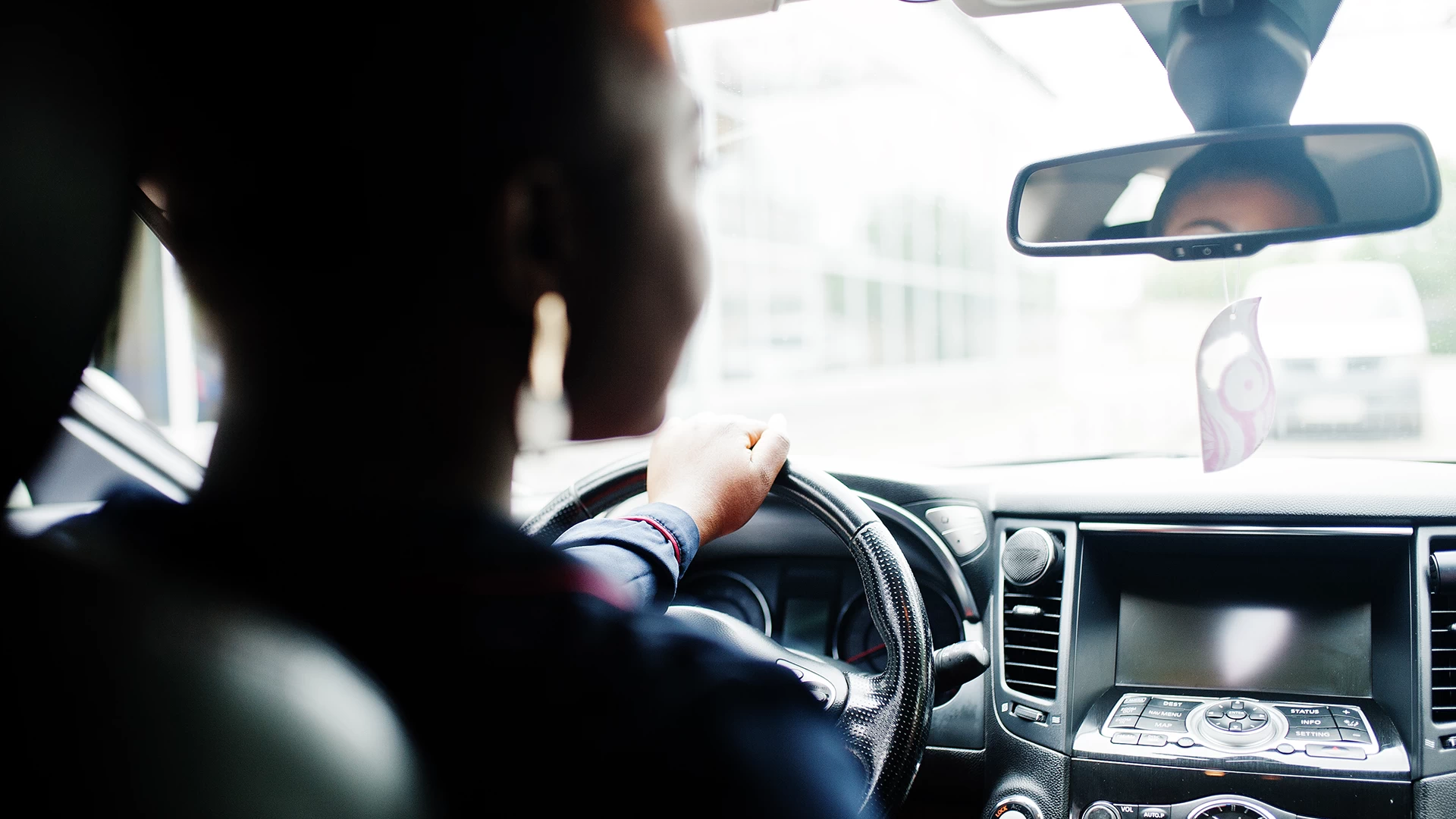In Florida, the popularity of rideshare services like Uber and Lyft has surged, becoming the go-to choice for both tourists and locals. Whether you’re looking to explore the city’s vibrant nightlife or simply need a convenient way to get around without the hassle of finding a designated driver, these rideshare platforms offer a flexible and often more affordable alternative to traditional taxis and public transportation.
One of the key reasons for the widespread use of Uber and Lyft is the cost-effectiveness. Typically, rideshare fares are lower than those of taxis, and the convenience of summoning a ride at your fingertips is hard to beat. Plus, with rideshares, you can bypass the stress of searching for parking, particularly at Florida’s top attractions, where parking can be a nightmare.
However, it’s important to recognize that using rideshare services comes with certain risks. The possibility of encountering dangerous situations like assault, kidnapping, robbery, or even rape, while rare, does exist. Additionally, there are concerns about the conduct of some drivers—cases where drivers may be under the influence of alcohol or drugs, or drive recklessly, leading to serious accidents and injuries. Thankfully, Florida has implemented strict requirements for Uber and Lyft drivers to help mitigate these risks.
Despite these regulations, accidents and other incidents can still occur, sometimes leading to severe consequences for passengers. In such cases, you may find yourself in need of legal assistance. The South Florida Injury Law Firm, which specializes in personal injury cases across Florida, is equipped to handle incidents involving Uber or Lyft drivers. Their blog provides detailed information on what is required of Florida rideshare drivers and what steps you should take if you find yourself involved in an accident.
So, what exactly does it take to become a rideshare driver in Florida?
Both Uber and Lyft have established stringent guidelines to ensure the safety of their passengers. Each potential driver must undergo a comprehensive criminal background check, which includes searching national databases for any criminal activity or sexual offenses. If an applicant has been convicted of a felony or any violent crime, indecent exposure, sexual battery, or lewdness within the last five years, they are automatically disqualified from driving for these services.
Driving history is another critical factor. Neither Uber nor Lyft will approve an applicant with a history of DUI, reckless driving, hit and run, or fleeing an officer within the last five years. Additionally, having a suspended or revoked license within the last three years is grounds for disqualification.
Insurance coverage is also an essential part of the rideshare equation. Given the high traffic and frequent accidents on Florida’s roads, the state has mandated that all rideshare drivers carry additional insurance to protect passengers. When the rideshare app is activated, Florida law requires a minimum of $50,000 in coverage per person for death and bodily injury and $100,000 per incident. Once a passenger is in the vehicle, this requirement increases to a minimum of $1 million in coverage for death and bodily injury.
In the unfortunate event that you are involved in an accident while using a rideshare service, you have the right to file a claim if the driver is found to be at fault. Florida law also states that any driver with more than three moving violations in the past three years is ineligible to drive for Uber or Lyft, providing an additional layer of safety for passengers.
However, what happens if these stringent requirements are not met? While the law imposes regulations on drivers, Uber and Lyft also have their own vehicle standards that must be met. For instance, Uber requires that the vehicle be no more than 16 years old, in good condition, and free of cosmetic damage. Lyft mandates that the vehicle be a model year 2011 or newer, with four doors and at least five seats, excluding the use of rental vehicles, stretch limos, or taxicabs.
If you find yourself in a situation where a rideshare driver has caused you harm, it’s crucial to seek legal advice. A skilled attorney can investigate whether Uber or Lyft failed to adhere to Florida’s laws and help you pursue compensation if negligence is found. It can be incredibly frustrating to take the responsible step of calling a rideshare for a safe journey, only to end up injured due to driver negligence.






